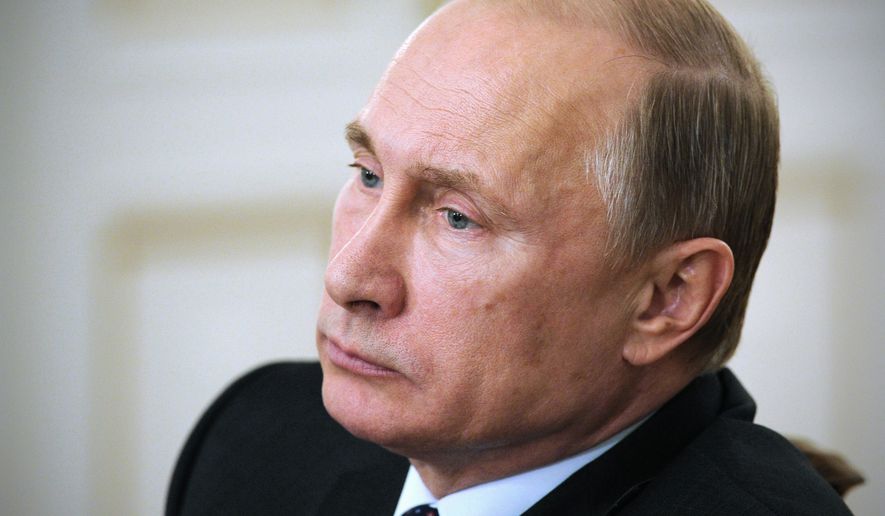More than two decades following their liberation with the collapse of the Soviet Union, citizens of Latvia remain “nervous and concerned” about the rising tensions between Russia and the West, Latvian Ambassador Andris Razans said Thursday.
Cold War memories of Soviet domination of Latvia and fellow Baltic states Lithuania and Estonia remain “fresh” as the crisis over Ukraine intensifies, Mr. Razans told a National Press Club audience in Washington. There are many people living in Latvia who were alive during World War II and the Cold War, and who remember living under Soviet Communist rule.
“The situation is really getting worse,” said Mr. Razans. “There is an installation of the Russian army [moving] freely across the borders. However, we have seen a very strong and bright response from NATO when it comes to security of NATO allies, and especially of the Baltic countries.”
Latvia this summer agreed to increase the defense budget on its eastern border with Russia and requested additional security help from NATO, whom the country joined in 2004.
Latvians were not surprised by Russian aggression in Ukraine and the Crimea peninsula, the ambassador said, as Moscow under President Vladimir Putin has been steadily rebuilding its defense capabilities. There was also an increase of slanted media coverage on Russian-speaking channels, creating what Mr. Razans called a “propaganda machine.”
Twenty-six percent of Latvia’s population is ethnically Russian, concentrated in the eastern areas closest to Russia, and Latvia is very “used to their presence,” the ambassador said.
Latvia currently holds* the six-month rotating presidency of the European Union, and Mr. Razans said one of the country’s goals in that capacity is to better engage individual countries’ “relations with immediate neighbors,” both defensively and economically.
“With the EU, it’s not always the big countries that have the best presidencies,” he said. “The small ones might not have the hidden agendas or have gigantic companies trying to influence areas of trade [and] allowing them to have more effective presidencies.”
*Due to an editing error, the time frame for Latvia’s presidency was misstated in the original version of this article.
• Hannah Crites can be reached at hcrites@washingtontimes.com.




Please read our comment policy before commenting.